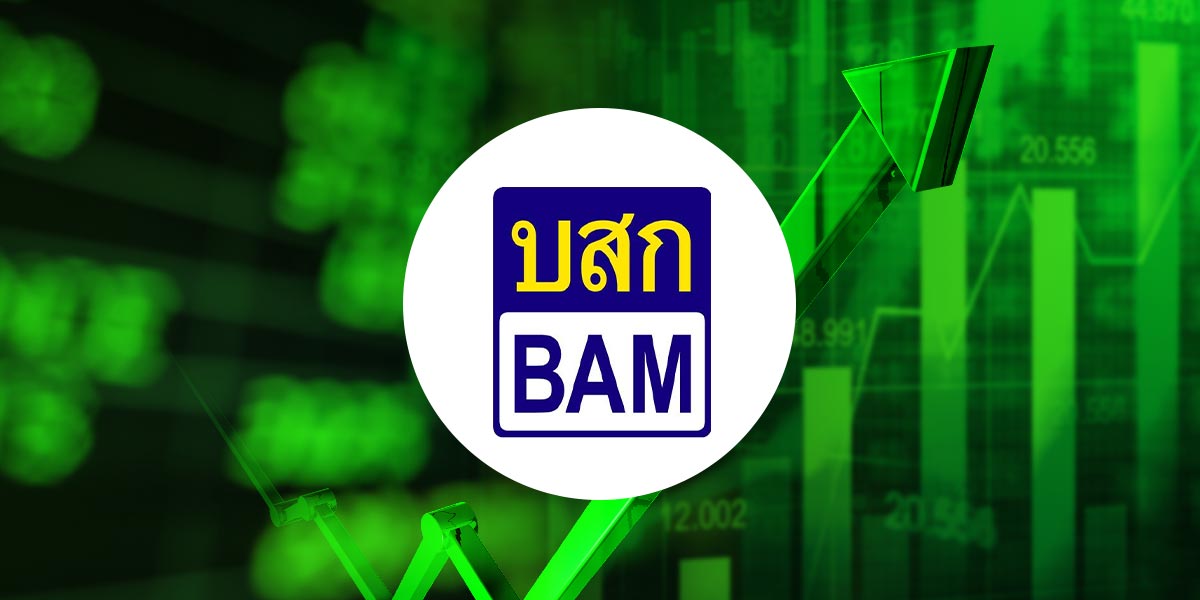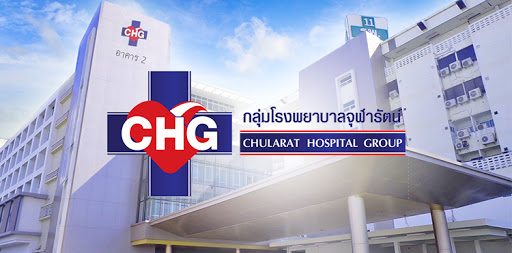On Wednesday, the share price of Bangkok Commercial Asset Management Public Company Limited (SET: BAM) opened at THB 7.05, a THB 0.25 or 3.67% increase, before the gain was pared down to THB 6.85 or 0.74% increase at 2.35 p.m. with a total trading value of THB 142.15 million.
Today’s gain was followed the revelation by BAM’s CEO, Dr. Rak Vorrakitpokatorn, that the company is in negotiations with three major commercial banks to establish a Joint Venture Asset Management Company (JV AMC) to co-manage non-performing loans (NPLs) and non-performing assets (NPA) within the country’s financial system.
Currently, negotiations are more than 70% complete, with each bank showing strong interest in collaborating with BAM, recognizing BAM’s proven expertise and extensive experience in managing distressed assets. Each bank is expected to transfer approximately THB 30 billion in bad debts for the JV AMC to manage, totaling about THB 100 billion from all three banks.
If BAM secures these deals, the company will have a total of five JV AMCs. The first two are Arun Asset Management Company Limited (ARUN AMC), a joint venture between BAM and Kasikornbank Public Company Limited (SET: KBANK), and Ari AMC Company Limited (ARI-AMC), a joint venture with Government Savings Bank.
After the Bank of Thailand (BOT) issued new guidelines for establishing JV AMCs, BAM is expected to finalize agreements with the three banks within November 2025. Setting up JV AMCs is a key strategy for BAM to expand its asset management base and enhance its capability to purchase non-performing loans from the commercial banking system, which will help reduce the level of bad debt in the financial system. At the same time, this is an opportunity for BAM to grow through asset management fees and profit sharing from the joint ventures, Dr. Rak stated.
Dr. Rak added that BAM is ready to leverage its expertise in managing distressed loans and NPAs to restructure assets acquired through JV AMCs, increasing their value and ultimately benefiting the overall economy. He believes this collaboration with commercial banks will enhance flexibility in NPL management and serve as a vital mechanism for Thailand’s economic recovery in the coming period.
For 2025, BAM’s overall business has grown by 25% compared to previous years. The company plans to acquire a further THB 1.5 billion in bad debts for management in the remainder of this year. In 2026, despite a likely rise in system-wide bad debt, direct NPL purchases may not grow as much as before, as the company acquires more distressed assets via JV AMCs and numerous partners.
Daol Securities (Thailand) views the BOT’s push to establish additional JV AMCs positively, expecting it could help reduce NPLs by 20-30% across the system, compared to the current reduction rate of about 10%.
The brokerage firm expects the focus on unsecured retail NPLs in this new JV AMC round will accelerate the reduction of bad loans in this segment. BAM and Sukhumvit Asset Management Company Limited (SAM)—a state enterprise with FIDF as a major shareholder—will act as intermediaries in managing these debts.
As referenced in previous reports, an initial budget of THB 10 billion is set, drawn from remaining funds from the “You Fight, We Help” project (which currently has THB 26 billion left). Of this, THB 7 billion will be used to purchase debts (at around 5% of total NPLs worth THB 123 billion) and another THB 3 billion will cover asset management fees for BAM and SAM.
The securities firm expects the three major banks in discussions with BAM for additional JV AMCs are Krung Thai Bank Public Company Limited (SET: KTB), SCB X Public Company Limited (SET: SCB), and Bangkok Bank Public Company Limited (SET: BBL). (KBANK already has a JV AMC with JMT Network Services Public Company Limited (SET: JMT) and BAM.)
However, the broker awaits further details on joint venture conditions, such as shareholding proportions and the rights and duties of each AMC and bank.
In terms of the largest banks by share of unsecured retail loans: TMBThanachart Bank Public Company Limited (SET: TTB) leads at 7%, followed by Bank of Ayudhya Public Company Limited (SET: BAY) and KBANK at 6% each, and SCB at 5% (including subsidiaries).
Non-bank entities are expected to benefit even more than banks from the larger acquisition budgets, including AEON Thana Sinsap (Thailand) Public Company Limited (SET: AEONTS), Turbo Cash Company Limited (TURBO) with a 20% nano finance share, Muangthai Capital Public Company Limited (SET: MTC) with 5-10% in unsecured lending, and Srisawad Corporation Public Company Limited (SET: SAWAD) with 3% in personal loans. BAM is also projected to gain direct advantages.
Currently, JV AMC structures are already in existence, such as the KBANK joint ventures with JMT and BAM (with a JV AMC operating period limited to 15 years). For example, KBANK started the JK AMC JV with JMT in 3Q22, reducing KBANK’s NPL ratio significantly—from 3.80% in 2Q22 to 3.07%.
JMT’s financials indicate profit sharing from JK AMC was THB 144 million in 1H25 (down from THB 228 million in 1H24), amounting to 0.6% of KBANK’s estimated net profit for 2025.
The bank sector is rated “overweight,” with KTB and SCB top picks based on attractive valuations (trading at just 0.72x PBV, one standard deviation below 10-year average) and high dividend yields at 7% versus the 3% market average. The brokerage firm recommended KTB target price at THB 27.00 baht, while SCB at THB 145.00.





